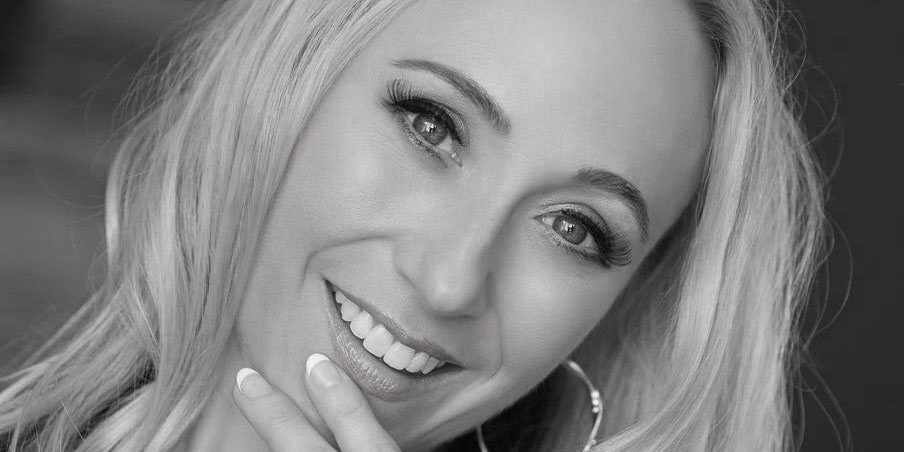Today I am pleased to share with you a guest post by Ashley Furness.
Before anyone can land a job at Apple, hiring managers have to ask themselves one question: “Will this candidate offer a Ritz-Carlton level of service?”
It’s no coincidence that one of the nation’s most successful companies models its service after the luxury hotel brand. Ritz-Carlton boasts among the highest return customer and employee retention rates in the industry. Their practices are so sought after that Ritz-Carlton even launched a public training Leadership Center for executives.
Recently, I had a chance to interview the vice president for that education center, Diana Oreck. Below is an edited transcript from our conversation.
One of the Ritz-Carlton Gold Standards is “anticipate unexpressed needs.” Why is this important to customer service success and how do you train employees to recognize and act on unexpressed needs?
It’s very important because legendary service is about surprise and delight. It’s not robotic, it’s not scripted. The way we teach it is through a class called “Radar On-Antenna Up.” We actually provide scenarios. We have a daily lineup everyday in every [Ritz-Carlton] hotel around the world. And there are three different shifts, so there’s a daily lineup three times a day. We have something called “Radar on, Antenna Up, and Focus.” One of the scenarios might be a young couple comes into the restaurant with a two-year-old baby. What should you do? Then we discuss, you bring a high chair, you bring crayons, you bring our stuffed lion, Roarie. We have hundreds of scenarios like that. Because we know that it’s going to be through the unique, memorable, and personable experiences that our customers are going to be fully delighted and engaged.
What sort of questions can you ask someone to find out if they’re caring and can anticipate customer wants and needs?
What you want to make sure you do is not ask “yes or no” questions. You’re not going to say, “OK Ashley, are you a caring person?” Because obviously, you’re just going to say “Yes,” right? So what we do is we ask you in the interview, “Ashley, give us a specific example of how you’ve cared for someone in the last month. Give me a specific example of anticipatory service that you have extended.”
Ritz-Carlton puts a lot of emphasis on successful new hire orientation. Why is this important for customer service training?
A lot of companies have a notion that employee orientation really needs to be a data dump of the company, statistics, and who’s doing what. It really isn’t. What we are looking for at orientation is passion. We want to make sure that the new person feels they made the right decision in joining us. It’s all about them, and it’s all about culture. We feel that orientation needs to be significant emotional experience.
Is this also something that helps with customer service employee satisfaction and retention?
Yes, it’s about engagement. I will give you an example. The lodging industry as a whole tends to run a 60-70% turnover in a year. Here at Ritz-Carlton we run in the low 20s. It’s a huge difference.
What metrics or qualitative data does Ritz-Carlton use to measure customer service training success? How do you collect this data?
Oh yes, we poll our guests once a month. The Gallup organization sends out surveys to 38% of guests that stayed the month before. It’s done randomly with the hope that we will get 8-10% return. We live and die by that guest engagement number. This is the sum of responses to about 30 questions, including: How likely is that guest to recommend Ritz-Carlton? Were they delighted and satisfied with their stay? If there was a problem, did we take care of their problem? We know that, if that guest engagement number goes up, our training programs have been successful.
What are the biggest mistakes companies make when training customer service staff?
They are not being specific enough. They’ll say things like “Give great service.” Well that’s nice, but people need a roadmap. Never assume anything. Make sure you have your service standards written down, and allow people to observe you in action. Don’t assume that their mothers or fathers or previous employers taught them what really great service looks like. Have a written service strategy.
I think a lot of companies view customer service more as an expense rather than something that generates revenue. It’s just something you have to have, not necessarily something you want to do. But I don’t feel that Ritz-Carlton feels that way. Why?
We have data pretty much down to the penny. We know that fully-engaged guests are spending more nights in a Ritz-Carlton every year than any other guest. There is a direct correlation to profitability. I can assure you we would not be spending the kind of money we do on training and reinforcement if we didn’t think it was going to show us the money.
We have data pretty much down to the penny. We know that fully-engaged guests are spending more nights in a Ritz-Carlton every year than any other guest. There is a direct correlation to profitability. I can assure you we would not be spending the kind of money we do on training and reinforcement if we didn’t think it was going to show us the money.
Ashley Furness is a CRM Market Analyst for Software Advice. She has spent the last six years reporting and writing business news and strategy features. Her work has appeared in myriad publications including Inc., Upstart Business Journal, the Austin Business Journal and the North Bay Business Journal. Before joining Software Advice in 2012, she worked in sales management and advertising.




